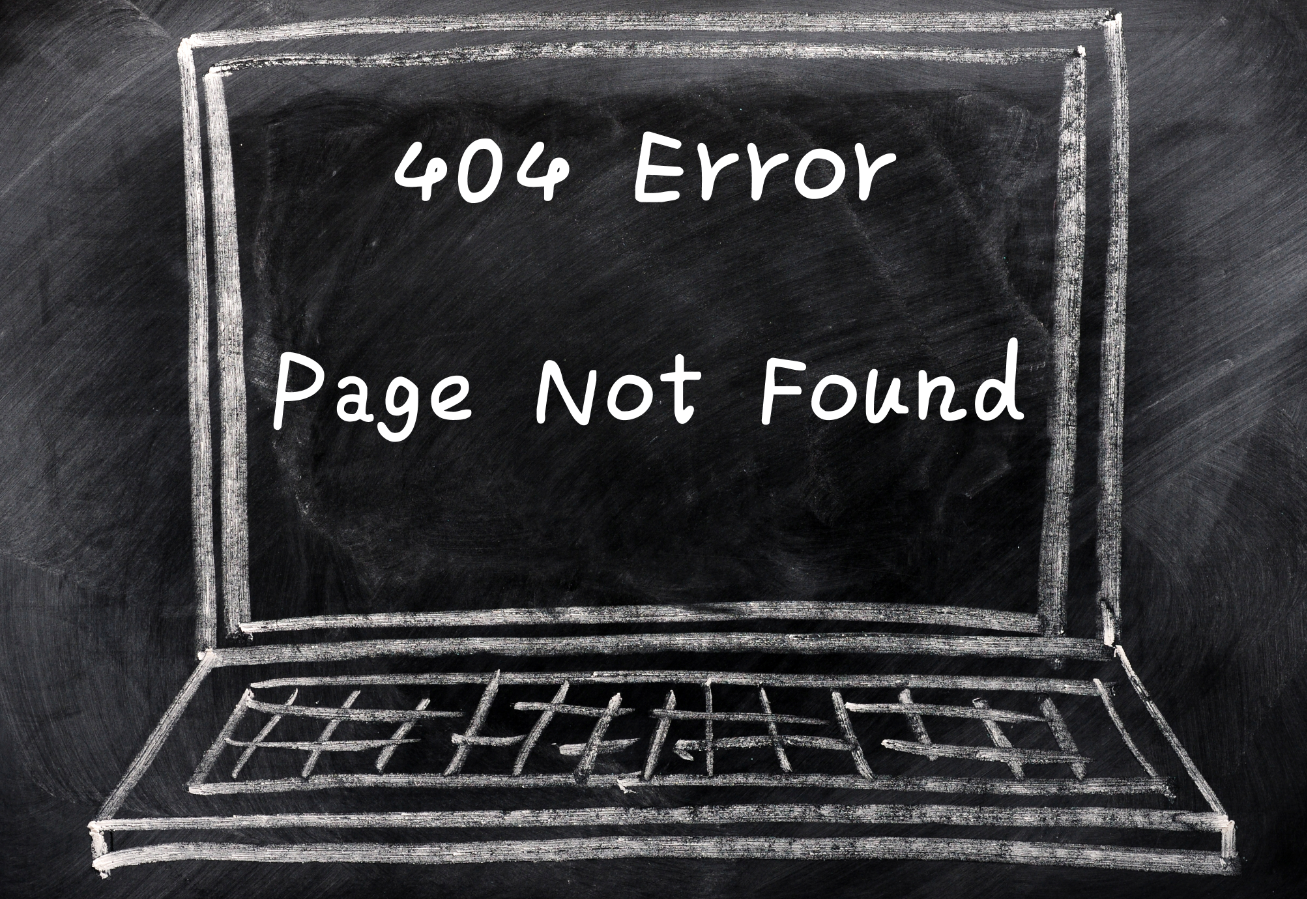
by John McCarthy Consulting Ltd. | May 20, 2021 | Blog, News
In last week’s blog we alerted readers to the first of the two types of anomaly that ‘designated persons’ are obliged to notify to the relevant registration authority:
- A discrepancy – there is an error on the Beneficial ownership Register; or
- Non-compliance – the Beneficial Ownership details on the register are blank (we believe this to be the case for approximately 20% of obliged entities).
This week we explain what to do if you uncover non-compliance. Having appointed an RBO Liaison Officer – (see last week’s blog for the detailed steps to do this using a BEN3A Form), then the non-compliance can be reported to the Registrar of Beneficial Ownership using Form NCN.
A Non-Compliance Notice (Form NCN) is where, having searched for the beneficial ownership details of a particular entity, the person searching has found that no beneficial ownership details have been filed, and is then obliged to formally notify the Registrar that the entity in question appears to have failed to file the correct information with the RBO in accordance with Regulations 20 and 21 of SI 110/2019. Form NCN may be downloaded from the RBO website at the link given here.
Only a ‘designated person’ as defined in Section 25, Criminal Justice (Money Laundering & Terrorist Financing) Act, 2010 (as amended), is entitled to report a discrepancy to the Registrar. This is usually the Money Laundering Reporting Officer. However a ‘non-compliance’ matter may be reported by anyone, including, but not necessarily the RBO Liaison Officer. In practice non-compliance will probably be notified by the MLRO.
I have to ask the question – why doesn’t the Registrar already know where the blanks are and why is there a requirement to notify these when they ought to be obvious from the RBO database? Answers on a postcard please……..?
For more about these obligations, see our AML Policies, Controls & Procedures Manual for 2021.
The Manual contains all the latest requirements relevant to accountants contained in the Criminal Justice (Money Laundering and Terrorist Financing) Acts 2010 to 2021 now fully in force. Future blogs will look at various parts of the new and existing provisions of this legislation.
For more blogs please visit this link and for our publications and manuals and services click here.

by John McCarthy Consulting Ltd. | May 19, 2021 | Blog, News
In last week’s blog we alerted readers to the two types of anomaly that can occur on the Register of Beneficial Ownership:
- A discrepancy – there is an error on the Beneficial ownership Register; or
- Non-compliance – the Beneficial Ownership details on the register are blank (we believe this to be the case for approximately 20% of obliged entities).
Regulation 20 (3) of SI 110/2019 provides for discrepancies and non-compliance to be reported to the Registrar of Beneficial Ownership by a ‘designated person’(accountants among certain others) or a ‘competent authority/relevant person’ (e.g. Garda, Central Bank and regulatory bodies).
This week we will look at the steps required to notify a discrepancy where accountants and similar ‘designated persons’ must use a Form DN2 to make the formal notification.
There are three basic steps to follow:
- The ‘designated person’ must appoint RBO Liaison Officer(s) who will be responsible for coordinating and authenticating reports of discrepancies to the Registrar on behalf of the ‘designated person’ and liaising with the RBO on day-to-day operational matters.
Liaison Officers can be appointed using a BEN3A Form which can be obtained by sending an e-mail to discrepancies@rbo.gov.ie
- Upon receipt of the completed BEN3A, the RBO will provide the appointed RBO Liaison Officer(s) with a DN2 form and details on how to upload the DN2 to the RBO ShareFile Account (used for data protection reasons).
- The RBO Liaison Officer can then upload the DN2 to the ‘designated person’s’ secure folder in the RBO ShareFile Account.
Only a ‘designated person’ as defined in Section 25, Criminal Justice (Money Laundering & Terrorist Financing) Act, 2010 (as amended), is entitled to report a discrepancy to the Registrar. This is usually the Money Laundering Reporting Officer.
Please note that making the notification may not be the end of your responsibilities. Depending on the circumstances there may be additional reporting duties for the accountant to consider. Where the discrepancy looks less than innocent, perhaps even suspicious, or it may be linked to some other forms of non-compliance by the same entity or persons connected with that entity , the accountant may need to make further reports to relevant authorities.
For more on these obligations, see our latest publication, the AML Policies, Controls & Procedures Manual for 2021.
The Manual contains all the latest requirements relevant to accountants contained in the Criminal Justice (Money Laundering and Terrorist Financing) Acts 2010 to 2021 now fully in force. Future blogs will look at various parts of the new and existing provisions of this legislation.
For more blogs please visit this link and for our publications and manuals and services click here.

by John McCarthy Consulting Ltd. | May 17, 2021 | Blog, News
The Criminal Justice (Money Laundering and Terrorist Financing) Acts 2010 to 2021 contains the latest list of new responsibilities on ‘designated persons’ (accountants among others) to corroborate the beneficial ownership details of client entities being taken on. Incidentally, the Law Reform Commission has published the consolidated version of this legislation and its available at this link.
Prior to the establishment of a business relationship with a customer, a designated person is required to ascertain that information concerning the beneficial ownership of a customer is entered in the relevant beneficial ownership register.
This register is available at different websites depending on the type of entity in question:
A designated person must not engage in a business relationship until the beneficial ownership information is obtained, unless the designated person is a financial institution. A financial institution may open an account ahead of obtaining the information but cannot allow any transactions to occur.
Where the beneficial owner is recorded as being a senior managing official, a designated person will be required to verify the identity of that person, keep records of the steps taken and record any difficulties encountered in the verification process. See more on this responsibility below.
There are two types of anomaly that a designated person must report to the relevant registration authority, being:
- A discrepancy – there is an error on the Beneficial ownership Register; or
- Non-compliance – the Beneficial Ownership details on the register are blank (we believe this to be the case for approximately 20% of obliged entities).
We will explain these obligations in more detail in the coming weeks. We have been led to understand that, as part of their AML Procedures, banks are checking the RBO register, before opening bank accounts for customers.
For the latest details on these obligations, see our AML Policies, Controls & Procedures Manual for 2021.
The Manual contains all the latest requirements relevant to accountants contained in the Criminal Justice (Money Laundering and Terrorist Financing) Acts 2010 to 2021 now fully in force. Future blogs will look at various parts of the new and existing provisions of this legislation.
For more blogs please visit this link and for our publications and manuals and services click here.

by John McCarthy Consulting Ltd. | May 10, 2021 | Blog, News
A recent The Irish Times report shows that recorded money laundering crimes more than doubled since the start of Covid-19 compared to the previous year.
524 money-laundering crimes were recorded in 2020, up from 234 in 2019. There were only 83 money laundering offences reported in 2018, and less than 50 a year between 2012 and 2017.
The Garda and Revenue Commissioners received 28,865 suspicious transaction reports (STRs) in 2020. The Revenue state that the yield from compliance interventions directly linked to STRs was €1.6 million.
The number of STRs represents a 13 per cent increase on the 2019 total. This trend represents the changing face of crime in Ireland, more of which is taking place online.
Are you up to date with your Anti-Money Laundering (AML) responsibilities? The law changed on 23 April and we have published our latest AML Policies, Controls & Procedures Manual for 2021.
The Manual follows the enactment of the Criminal Justice (Money Laundering and Terrorist Financing) Acts 2010 to 2021 now fully in force. Future blogs will look at various parts of the new and existing provisions of this legislation.
For more blogs please visit this link and for our publications and manuals and services click here.

by John McCarthy Consulting Ltd. | May 4, 2021 | Blog, News
Readers of our regular blog will be delighted to hear that our new Anti-Money Laundering & Terrorist Financing Policies Controls & Procedures Manual is just published and available here on our website for immediate download. This is the first available 2021 AML Manual for Accountants on the Irish market.
The Manual follows the enactment of the Criminal Justice (Money Laundering and Terrorist Financing) Acts 2010 to 2021 which has come into effect on two dates:
- 23 April 2021 for all parts of the Act except Section 8 dealing with express trusts; and
- 24 April 2021 – Section 8 is enacted requiring express trusts to keep a beneficial ownership register.
In future blogs we will look at various parts of the new and existing provisions of this legislation.
For more blogs please visit this link and for our publications and manuals and services click here.

by John McCarthy Consulting Ltd. | Apr 13, 2021 | Blog, News
In our last blog, we mentioned the enactment of the latest AML legislation in Ireland which is the ‘Criminal Justice (Money Laundering and Terrorist Financing) (Amendment) Act, 2021’. In the coming weeks we are going to take a look at the various provisions of the new legislation.
Among the provisions of the new Act is one that amends Schedule 4 of the Act of 2010 to specify further red flags, for transactions that could pose a higher risk of money laundering and/or terrorist financing. The 2021 law is yet to be commenced by statutory instrument.
A higher risk is posed where:
- a customer is a third-country national who applies for residence rights or citizenship in the State in exchange for capital transfers, purchase of property or government bonds, or investment in corporate entities in the State;
- a product, service, transaction or delivery channel involves the use of non-face-to-face business relationships without the use of certain safeguards such as electronic identification means, relevant trust services or other secure, remote or electronic, identification processes that are officially regulated, recognised, approved or accepted;
- a transaction relates to oil, arms, precious metals, tobacco products, cultural artefacts and items of archaeological, historical, cultural and religious importance, or of rare or scientific value, including ivory and protected species.
For more blogs please visit this link and for our publications and manuals and services click here.










